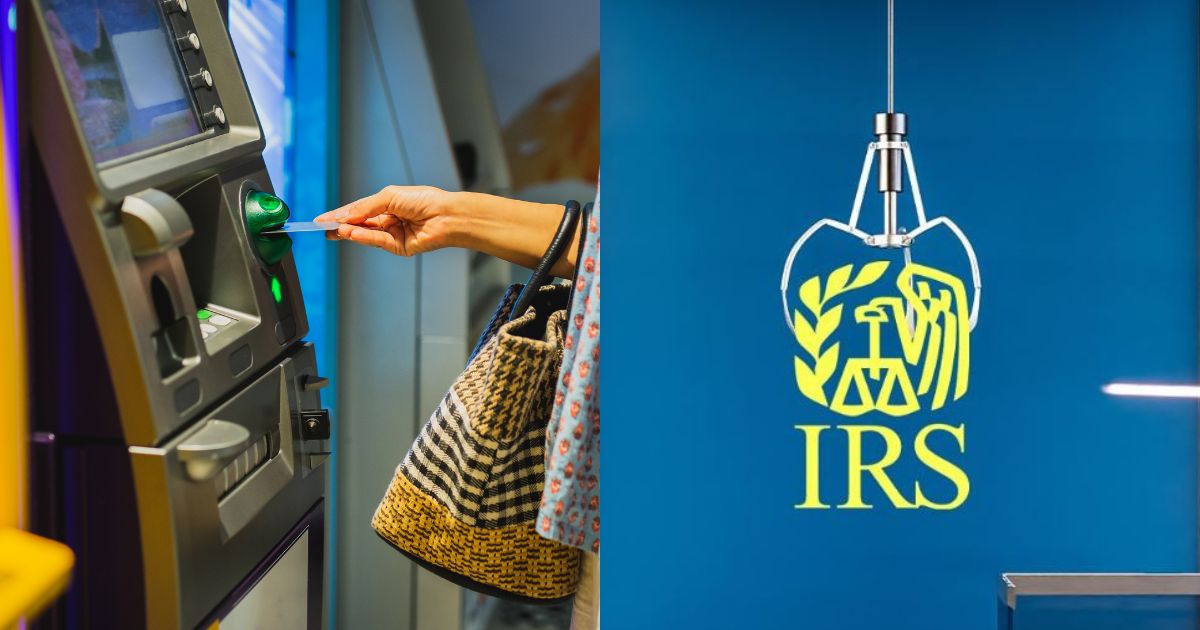Ever wondered what happens when you deposit a large amount of cash in the bank or receive a hefty amount from someone? Does it go unnoticed? Not really! We tend to believe that our transactions are confidential with the banks, but that might be a myth to some extent. And we are here to tell you how!
Though most of your transactions are private, financial institutions such as banks are mandated by law to report transactions that involve large amounts of money. Under The Bank Secrecy Act (BSA), banks have to report deposits of over $10,000 to the IRS (Internal Revenue Service).
Why do banks report large transactions to the IRS?
As per the official website of FinCEN, a bureau of the US Department of the Treasury, “BSA authorizes the Department of the Treasury to impose reporting and other requirements on financial institutions and other businesses to help detect and prevent money laundering.”
It further mentions that the BSA requires financial institutions “to keep records of cash purchases of negotiable instruments, file reports of cash transactions exceeding $10,000 (daily aggregate amount), and to report suspicious activity that might signify money laundering, tax evasion, or other criminal activities.”
This means, that if you make a single transaction or multiple transactions in a day that add up to $10,000 or more, banks are obligated to report it to the IRS. In this case, the banks will use electronic filing or file IRS Form 8300 to report large transactions.
What happens after banks notify the IRS?
Though the IRS doesn’t specify its process for handing the reports from banks, here’s what will happen next:
- IRS will help examiners decide on the need to complete additional auditing techniques
- The source of income will be investigated
- Investigation to find out if there’s any unreported income, money laundering transaction or a scheme to avoid taxes
So this means that the IRS doesn’t only look into the money laundering aspect but also investigates if someone is evading taxes.
Is the IRS allowed to look into your bank accounts?
The IRS is responsible for collecting US federal taxes and they have to ensure that they receive as much tax revenue as possible. This is why any suspicious transaction will immediately catch their attention. The department can investigate certain transactions and income sources if you’re facing an audit or owe taxes to the government.
According to a unanimous decision that just came down from the U.S. #SupremeCourt, it is now officially legal for the Internal Revenue Service (IRS) to secretly obtain the bank records of third-party individuals who are not under investigation.https://t.co/AtHx6Dsnw3 pic.twitter.com/1fDqhIBqQy
— Facts Matter (@FactsMatterRB) May 29, 2023
If you have large cash deposits, banks will report to the IRS. If these deposits don’t match up with your current source of income or you fail to provide a valid explanation, the IRS may ask for records of the transaction. Failing to do so, the IRS can request the bank to access your bank records. Though the IRS can’t access your entire bank details, it can request records for your accounts, which is useful for the investigation.













